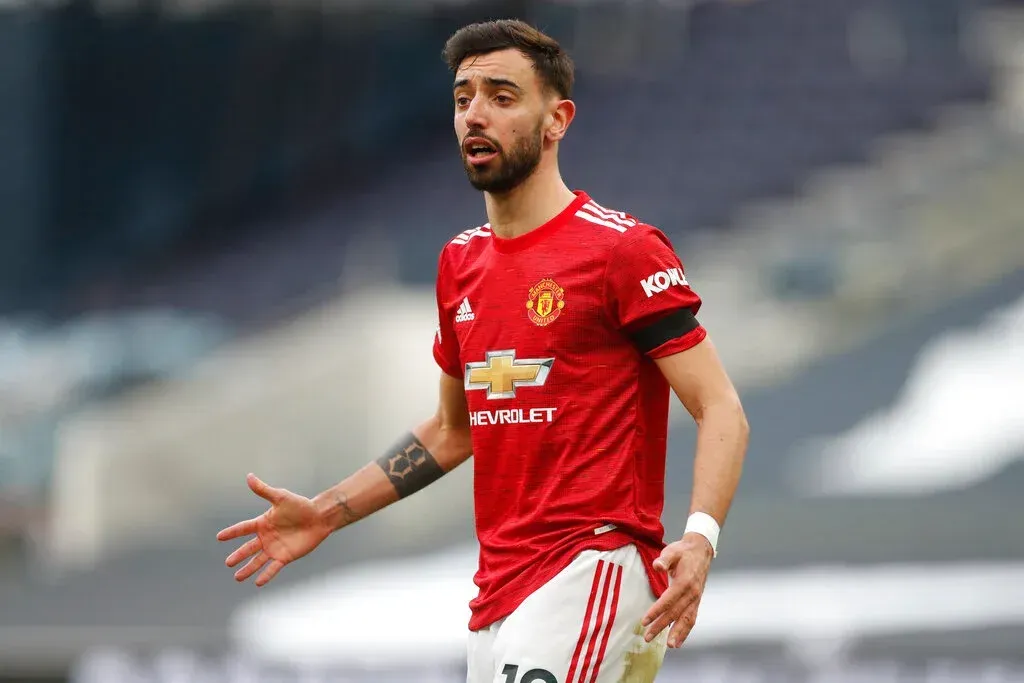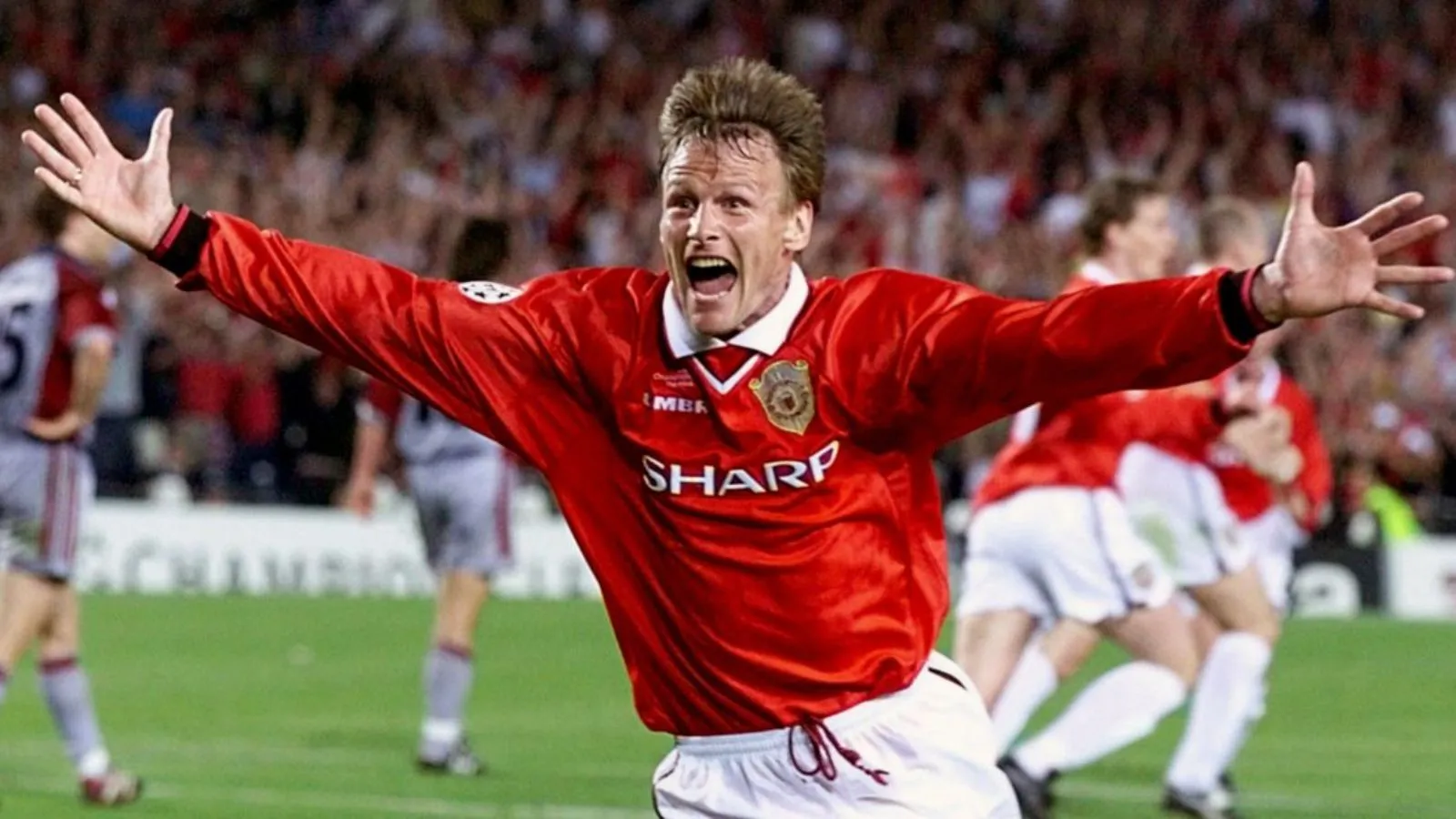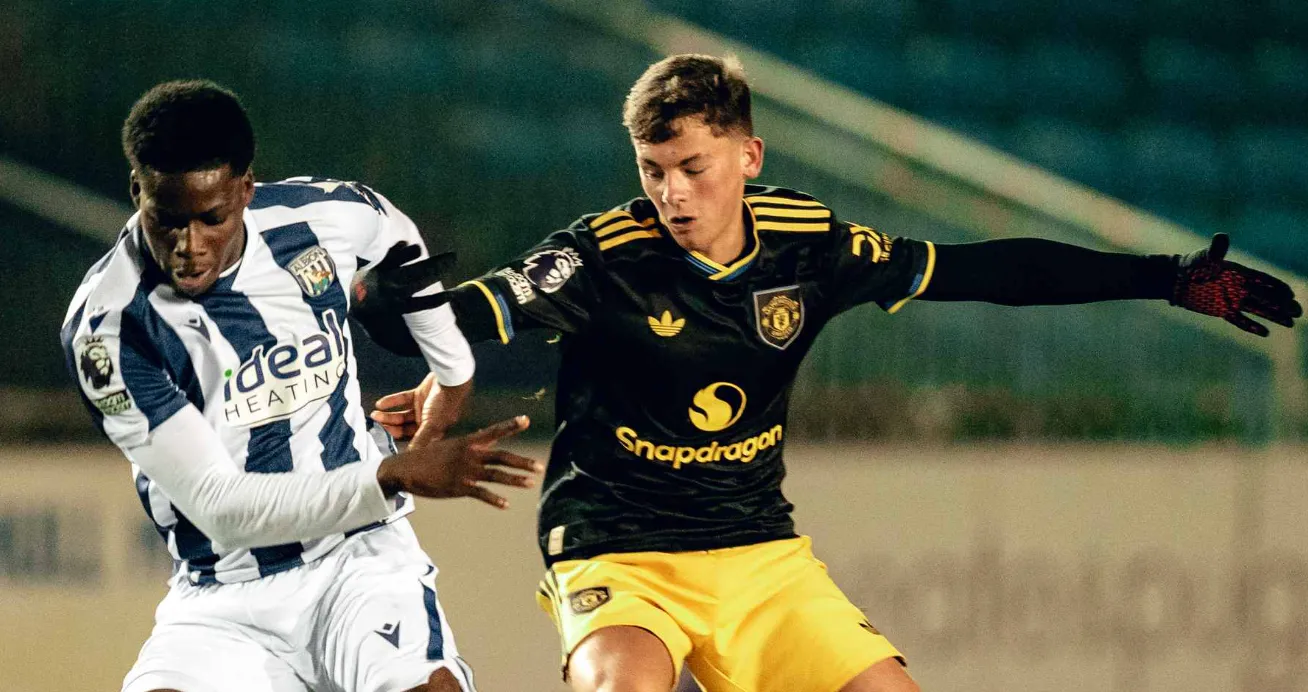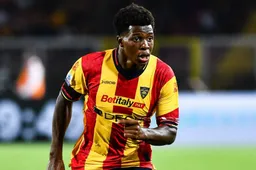Amorim's 'worst Man Utd team in history' sparks debate over cause of problem
NewsMonday, 20 January 2025 at 18:11
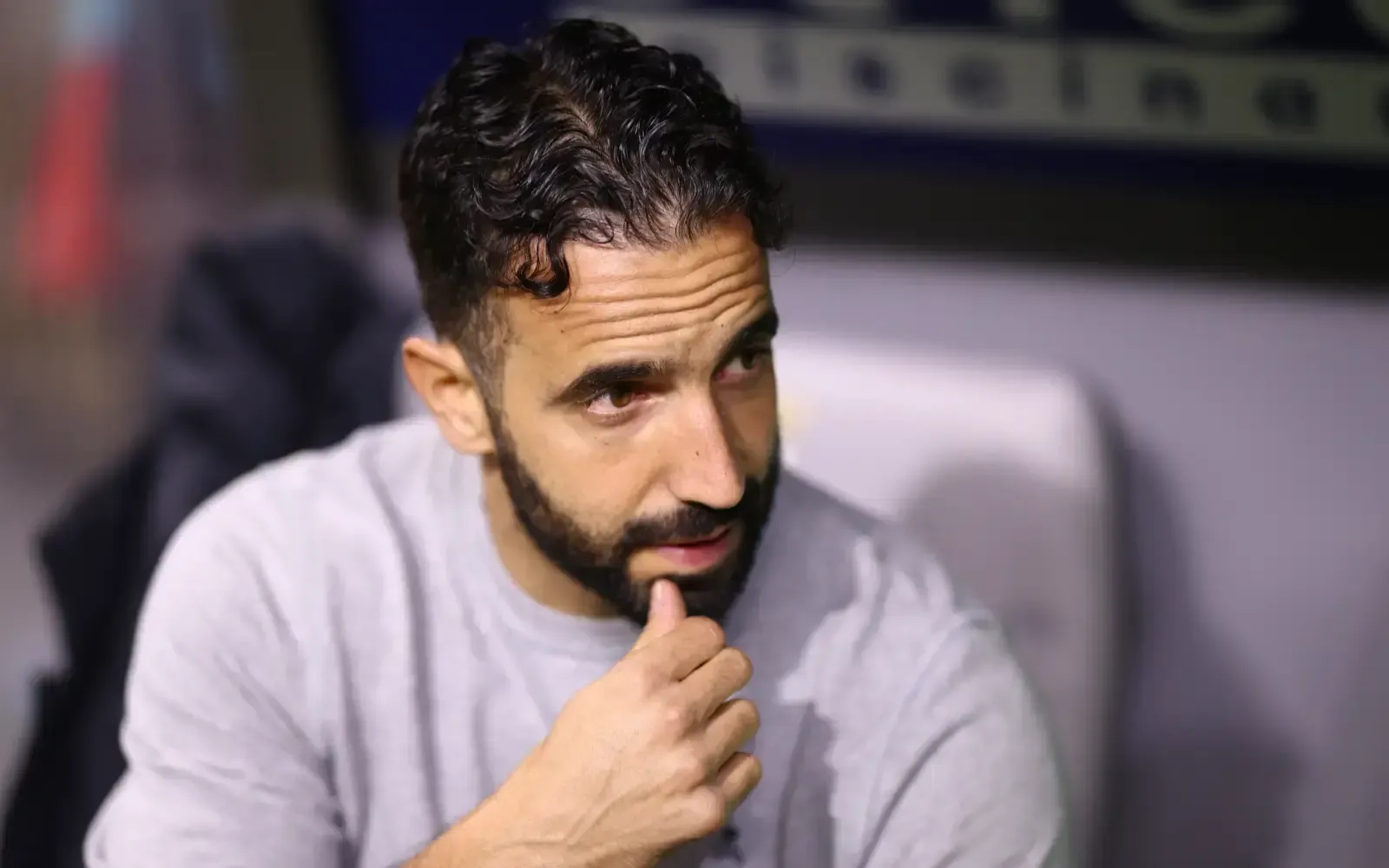
Ruben Amorim got tongues wagging with his "worst team in Manchester United history" claim.
It was dramatic, perhaps deliberately so. “Here you go: your headlines,” he added, seemingly resigned to the inevitable backlash such a statement would provoke.
But while Amorim’s remarks have sparked debate, they fail to hold up under historical scrutiny. And clearly his comment was intended more as hyberbole and an attempt to get a response from his players.
The real story lies not in whether this is United’s worst-ever side but in the staggering decline of a club that once epitomized excellence.
Read also
Are Amorim's United the Worst?
Measured against the long history of Manchester United, Amorim’s claim falters.
Newton Heath, the precursor to Manchester United, earned just 14 points in the 1893-94 season. The 1930s brought prolonged misery, including relegation and finishes as low as 20th in Division Two.
Even in more modern times, there have been low points: the team relegated in 1973-74 and the struggles of the late 1980s under Alex Ferguson before his transformation of the club.
But Amorim’s team isn’t competing with those dark chapters for infamy in relative obscurity; it is doing so under the glare of modern football’s superclub spotlight.
The Premier League era, bolstered by United’s immense financial power, had seemed to set a baseline for underachievement.
A finish of eighth under Erik ten Hag marked a new low last season, but now Amorim’s side is averaging just one point per game, languishing 13th in the table.
Read also
A New Low for a New Era?
The numbers paint a damning picture. United’s squad is the second-most expensive in world football, costing over €1 billion, according to the CIES Football Observatory.
Their wage bill for the last season reached an eye-watering £364.7 million. And yet, the returns are catastrophic.
Players with premium price tags are consistently outshone by rivals built on modest budgets.
Brighton’s victory at Old Trafford epitomized this, with £3m Kaoru Mitoma and £900,000 Joel Veltman outclassing a United lineup that cost around £430m to assemble.
Even United’s bench, worth nearly £300m, failed to offer solutions.
This underperformance, pound for pound, makes United contenders for the title of the "worst value-for-money team" in football history.
Only Todd Boehly’s chaotic Chelsea of 2022-23 offers a comparable implosion of investment and expectations.
The Root Causes
Amorim’s lament, “Everybody here is underperforming,” is accurate but incomplete.
United’s woes stem from structural dysfunction across all levels: a misaligned recruitment strategy, inflated transfer fees, poor squad construction, and an ownership group that has overseen years of managerial churn without a coherent vision.
While Amorim has inherited these problems, his tactics and attempts at systemic overhaul have yet to yield positive results.
His decision to impose a complex system on a squad seemingly ill-suited to it raises questions about whether he is the right man for the job.
The lack of cohesion on the pitch is matched by an absence of belief, a fact Amorim himself alluded to when he spoke of a “lack of confidence” among his players.
A Call for Accountability
Amorim’s comments may have been intended as shock therapy, an attempt to jolt the squad into action.
Instead, they feel like an indictment of everyone involved in Manchester United’s recent history.
From the players failing to justify their price tags, to the executives responsible for their recruitment, to the Glazer family’s stewardship of the club, no one escapes unscathed.
Manchester United’s problems are no longer about a single season, manager, or player.
They are about a club whose very identity as a perennial powerhouse is slipping away.
Amorim may not have been entirely correct in his hyperbolic declaration, but his statement points to a painful truth: Manchester United are in uncharted territory, and there is no quick fix in sight.
loading
Popular News
Loading
